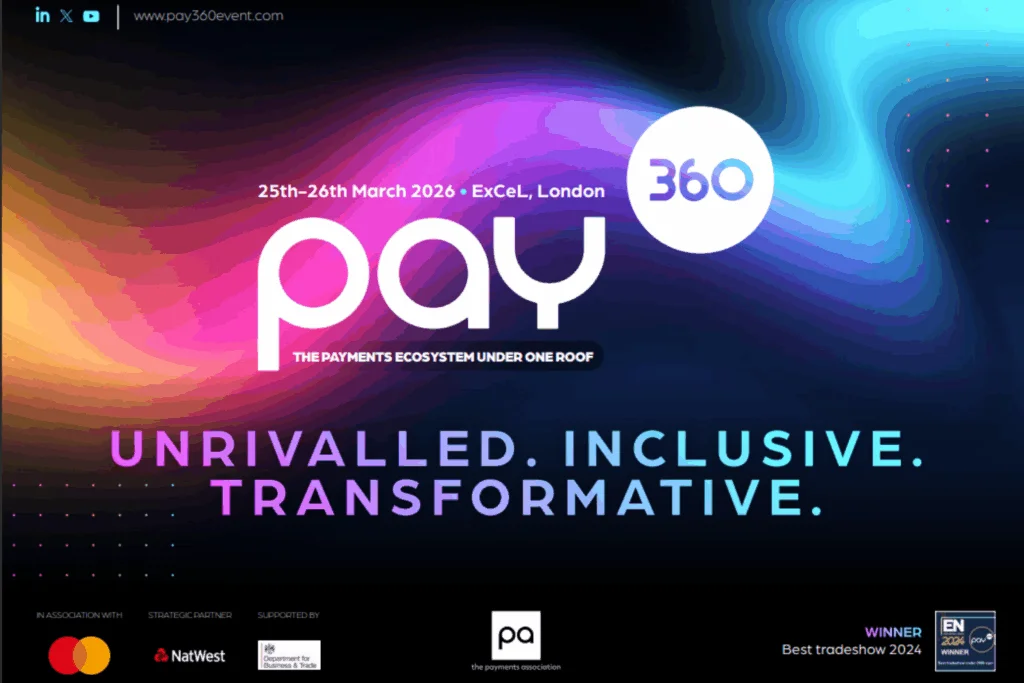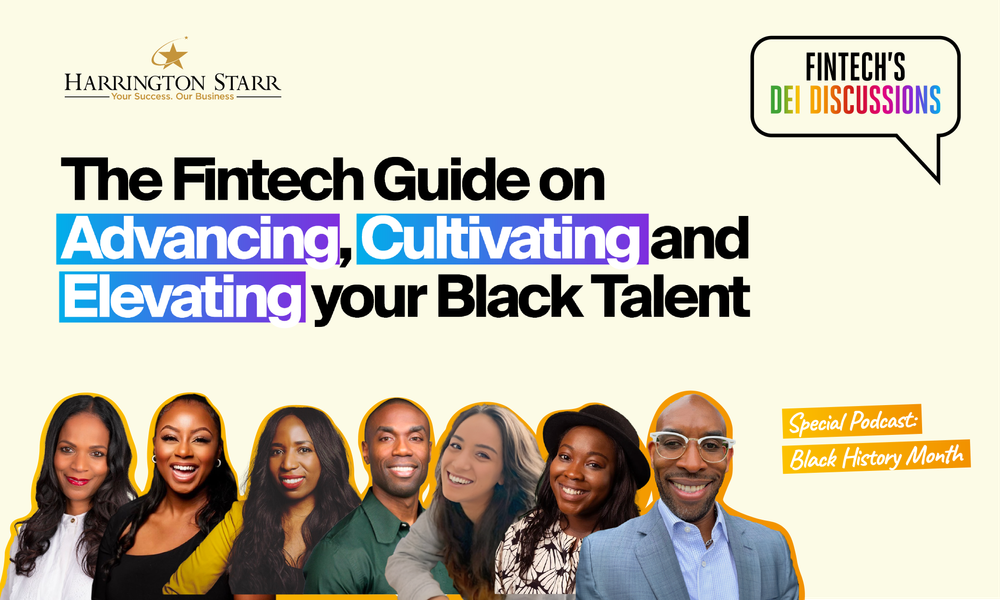
The fintech community has been dealing with a lot in recent months. Market instability, fewer opportunities for investment and revenue, plus, the likelihood of a short, yet mild recession at the end of this year have all created hurdles for nearly everyone in the industry. Yet, how is this translating into the treatment of the employees? Moreover, and in keeping with the spirit of Black History Month, how is this translating into the treatment of Black employees within fintech?
Somewhat anecdotally, and currently in my working life, I have had various conversations with many of my Black friends and colleagues (but also with friends and colleagues who are not Black), across fintech and more broadly across other industries; the common consensus – the industry has regressed in terms of its treatment towards Black people, employees and consumers as a whole.
Three very real (and probably toned down) examples out of the many stories I have heard since writing this piece – one woman within the fintech industry was simply told that after a few weeks (as the only Black and ethnic person within an approx. 30-person organisation) that she was simply not a “cultural fit” with nothing to prove that her work was to their dissatisfaction (quite the contrary, she had completely changed the trajectory of the fintech’s marketing endeavours for the better – and I have seen emails with proof attesting to this).
Another was ‘given a heads up’ and told that she had to tone down the discussions around her ‘experience’ as a Black woman during the month of October so that she does not make her colleagues uncomfortable, simply because they would feel worried to say something wrong around her.
Lastly, in the world of funding – although there are no literal signs to show that there were issues arising from diversity, the news that Diversity VC, a non-profit community dedicated to promoting diversity in venture capital, has announced the pause of its activities in the UK due to a loss of funding from sponsors, marks a sad hit for niche-investors supporting founders from marginalised communities.

These stories only touch the surface of the experiences and situations coming out directly from the Black community, and all of this within a sector that is so valuable to the UK.
It cannot be forgotten that with a decrease in funding, this has left the fintech industry scared and feeling quite vulnerable, quite exposed. The focus has remained solely on creating money-making opportunities and scaling back. This has left diversity, as a business case, on the backburner. The function that is left to deal with diversity – small and severely underfunded People and HR teams.
Diversity, and especially a commitment to change is a business issue, and should be treated as such. We know that diversity is better for a business financially, a fact that continues to be forgotten. The last report on the topic in 2020 by McKinsey (and shockingly there are not many statistics to show the state of Black communities and diversity within the UK workforce, since) outlines how ethnic diversity on executive teams equals to above average profitability for companies.
Now, that’s not to say that people within fintech are doing this on purpose, or even consciously (although, I hate to say it, a tiny proportion of people are and are able to hide in plain sight). It’s also not to say that people within fintech are not trying to make things better.
If we go back three years to 2020, there was a lot of focus on how to support Black-owned businesses and uplifting those within fintech, and creating spaces for people to voice their concerns, their experiences and their hopes for the future. Fast forward to 2023, and there is not much out there to suggest that the industry has moved in the right direction or done enough.
What I, and many others are seeing and saying is that we have somehow created an environment that at one point over the last few years looked like it cared in a slightly performative way, and then somehow forgot how to actually put that into thoughtful, meaningful actions over a longer period of time.
From the outright obvious, to the very subtle microaggressions experienced, racism towards Black people is still prevalent within the industry, and the only way to create long-lasting, meaningful change is commitment at a business-level to create a more inclusive environment.

So, what could that actually look like within the fintech industry? A few thoughts on how to create real change:
Active conversations around promotion to senior positions and aligning pay with non-Black counterparts. The very few statistics out there show slow progress, but doing ‘okay’ is still not good enough. According to the Parker review, nearly all FTSE 100 firms now have at least one minority ethnic board member. Furthermore, data from the beloved TechNation, stated that at 20%, fintech has a marginally higher proportion of employees who are Black, Asian and people from other underrepresented groups than the tech sector as a whole (15.2%), and nearly double that of the UK labour market where the figure is 11.8% for all occupations.
Very importantly, albeit harder – going deeper than surface level and having the uncomfortable conversations with teams without pushing the problem, or putting the education-liability onto Black employees. It cannot be considered a ‘job well done’ just by discussing the issues faced by Black employees over a single month, or by ticking an internal diversity checkbox. By acknowledging that systemic issues in society have put the Black community at a disadvantage from the get-go, businesses should be putting in more effort to support those who may not understand the nuances of ‘business’ culture, something that has been defined (and only now incrementally changing) by those in power for decades.
When hiring, it goes beyond blind CVs. Invest money and time into People and HR teams (or those in charge of hiring), and then, listen to them and actively work with them. Without this functionality understanding the importance of the issue, you will not create any real change internally for Black individuals. Going further than hiring - internal crisis management - a very overlooked part of the process. Making sure Black employees are heard and understood when microaggressions take place, no matter how unassuming, is critical to retaining staff and showing that you are doing more than a tick-box exercise from a People/HR perspective.
Now, just because you don’t hear people voicing their concerns does not mean it is not happening. More than 14,000 people took part in the Evidence for Equality National Survey released in April (the creators of the report claims that its the most comprehensive account of racial inequality in Britain for more than 25 years). Nissa Finney, a professor of human geography at St Andrews led the report and stated in The Guardian that “the UK is immeasurably far from being a racially just society. The kinds of inequality we see in our study would not be there if we had a really just society.”
No longer is it acceptable (and never really was) to add a photo to social profiles to signify support throughout a month dedicated to a marginalised community and state that you are doing your part — grandstanding without any real action does nothing but show the performative nature of the business. If anything, it's worse, and it’s insulting to the communities these very businesses claim to back.

This year, nine co-authors built a 12-step program and with Harrington Starr have launched, 'The Fintech Guide to Advancing, Cultivating and Elevating Your Black Talent'. This is a year-round initiative, creating this space for those who want to (and really should strongly consider) getting involved by adding their name to the manifesto to commit to treating diversity as a business issue.
Fintech started as a way to create more inclusive products and services for everyone. You can’t build inclusive products if you do not have representation across the board. We all know that the fintech community is capable of so much good. It’s now time to commit to supporting diversity and start treating it as a serious, legitimate business issue.





